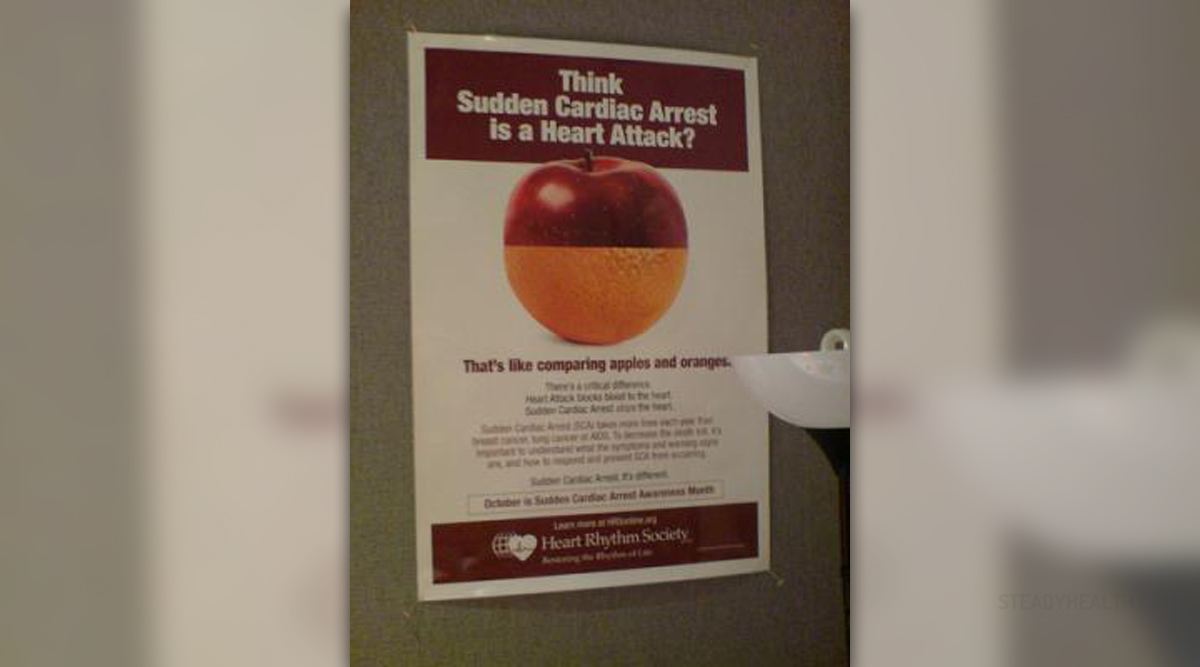
Cardiac Arrest Overview
Cardiac arrest is a medical condition in which the heart unexpectedly and suddenly stops working. This stop consequently leads to insufficient blood supply to the organs of the body and in case that the heart does not start working again the affected person will die. The major damage of the insufficient blood supply is evident on brain and the very heart tissue. This means that, even if a person has been resuscitated but this procedure has not been performed on time he/ she will suffer from irreversible damage of these organs. Therefore, resuscitation is the only cure for people suffering from cardiac arrest and this procedure has to be performed as soon as possible.
Causes of Cardiac Arrest
Cardiac arrest can be caused by numerous factors. In majority of people this condition is induced by ventricular fibrillation. Ventricular fibrillation is a type of irregular heart beat. In ventricular fibrillation the contractions of ventricles are not synchronized with contractions of atria and the heart cannot pump the blood properly. Furthermore, some other problems connected to electrical activity of the heart may cause cardiac arrest.
Coronary artery disease is a medical condition in which the coronary arteries are narrowed by formation of plaques. Since these blood vessels become narrower the heart muscle cannot be supplied with sufficient amount of oxygen and nutrients. Additionally, blood clots develop and they can plug the blood vessel causing heart attack. One of the potential consequences of heart attack is abnormal spread of electric impulses and arrhythmia which eventually leads to cardiac arrest.
People who are exposed to excessive physical stress can in some cases endanger the electrical system of the heart. In excessive physical activity the level of adrenalin rises and it can be a trigger of cardiac arrest. Sweating can lead to significant loss of potassium and magnesium, two rather important minerals for electrical system of the heart. And finally, the consumption of oxygen is increased in physical activity and its deficiency can also trigger cardiac arrest.
In some people irregular heart beat can be inherited and it runs in the family. This is one more risk factor for cardiac arrest. Even certain structural abnormalities that are inherited can interfere in normal heart pumping and result in cardiac arrest.


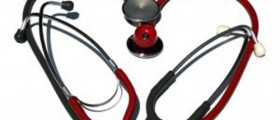







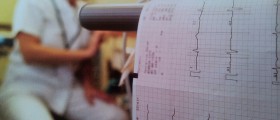
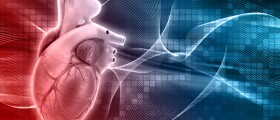
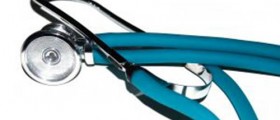
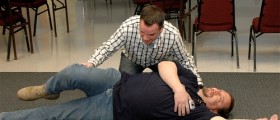



Your thoughts on this
Loading...